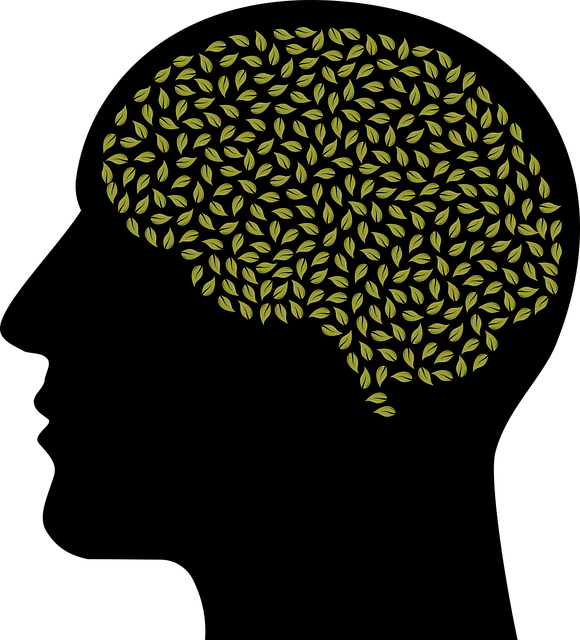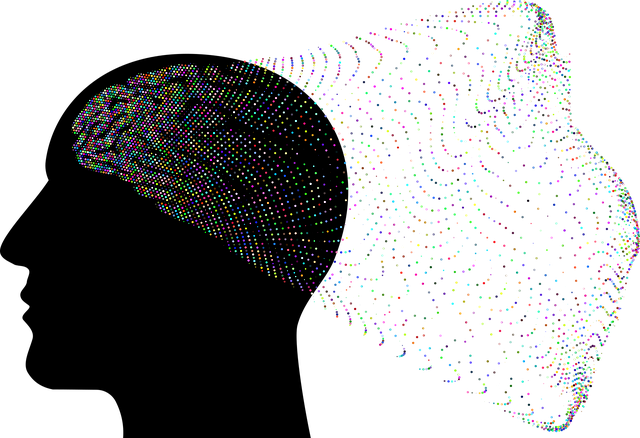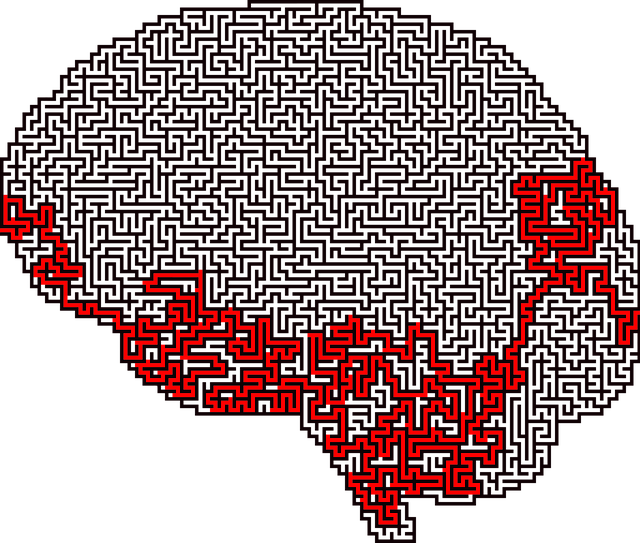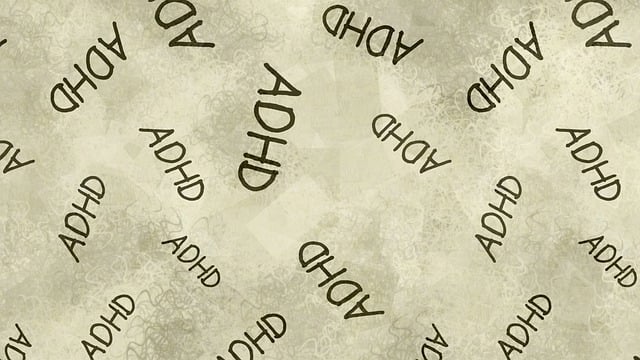Aurora Panic Disorder (APD) presents diagnostic complexities due to its overlap with other anxiety disorders. Effective APD and Anxiety Attacks Therapy combines cognitive behavioral therapy (CBT) for thought pattern management, self-care practices like meditation and exercise, and Mental Wellness Coaching Programs for enhanced emotional well-being. Technology integration through digital assessment tools, stress reduction apps, and mental health podcasts improves treatment access and accuracy. Building mental health awareness through workshops, stigma reduction efforts, and supportive communities promotes early intervention and effective recovery for APD.
Mental illness diagnosis accuracy has long been a subject of concern, particularly for conditions like Aurora Panic Disorder (APD) and anxiety attacks. This article delves into innovative efforts aimed at enhancing diagnostic practices. We explore comprehensive approaches, including cutting-edge therapies, the integration of digital tools for assessment and monitoring, and the critical role of awareness and support systems in fostering early intervention and recovery. By understanding APD and anxiety attacks better, we can improve diagnosis accuracy and ultimately provide more effective therapy.
- Understanding Aurora Panic Disorder and Anxiety Attacks: Symptoms and Challenges in Diagnosis
- Innovative Therapies for Enhanced Diagnosis: A Comprehensive Approach
- Integrating Technology: Digital Tools for Accurate Assessment and Monitoring
- Building Awareness and Support Systems: Encouraging Early Intervention and Recovery
Understanding Aurora Panic Disorder and Anxiety Attacks: Symptoms and Challenges in Diagnosis

Aurora Panic Disorder (APD) is a complex mental health condition characterized by recurrent and unexpected panic attacks, which are intense periods of fear accompanied by physical symptoms like rapid heartbeat, sweating, and shortness of breath. Diagnosing APD can be challenging due to its similarity to other anxiety disorders and the varied nature of symptoms, often leading to misdiagnosis or delayed treatment. Anxiety attacks, in particular, can be elusive and transient, making it difficult for individuals and healthcare professionals alike to recognize their significance.
The challenges in diagnosing APD underscore the need for comprehensive therapy that targets both the panic attacks themselves and the underlying anxiety. Effective Aurora Panic Disorder and Anxiety Attacks Therapy involves a multi-faceted approach, incorporating techniques like cognitive behavioral therapy (CBT) to help individuals understand and manage their triggers and symptoms. Additionally, promoting self-care practices and emotional well-being through activities such as meditation, exercise, and mindfulness can significantly aid in depression prevention and overall mental health management.
Innovative Therapies for Enhanced Diagnosis: A Comprehensive Approach

In the realm of mental health diagnosis, innovative therapies are emerging as powerful tools to enhance accuracy and improve patient outcomes. One such groundbreaking approach is the integration of cognitive behavioral therapy (CBT) tailored for specific disorders like Aurora Panic Disorder and Anxiety Attacks. CBT enables individuals to challenge negative thought patterns and learn coping mechanisms, leading to better management of symptoms. This comprehensive method not only helps in accurate diagnosis but also empowers patients to take an active role in their mental wellness.
Moreover, the development of Mental Wellness Coaching Programs contributes significantly to the overall Mental Health Awareness. By combining evidence-based practices with a personalized approach, these programs assist individuals in navigating their mental health journey effectively. In addition, a thorough Risk Assessment for Mental Health Professionals is crucial to ensure safe and accurate diagnosis, fostering a supportive environment that promotes both Mental Wellness and Aurora Panic Disorder treatment efficacy.
Integrating Technology: Digital Tools for Accurate Assessment and Monitoring

The integration of technology is revolutionizing mental health care, particularly in improving diagnosis accuracy for conditions like Aurora Panic Disorder and Anxiety Attacks. Digital assessment tools offer a more nuanced understanding of patients’ experiences by providing structured yet flexible questionnaires that can be easily accessed online. This enables healthcare professionals to gather comprehensive data beyond what’s possible through traditional face-to-face sessions.
Moreover, technology facilitates continuous monitoring through apps designed for stress reduction methods and communication strategies. These digital tools empower individuals to actively participate in their mental wellness journey by tracking symptoms, receiving personalized recommendations, and accessing support at any time. The Mental Wellness Podcast Series Production has also played a significant role, offering accessible platforms that share insights on various aspects of mental health, including effective coping mechanisms and the latest research developments.
Building Awareness and Support Systems: Encouraging Early Intervention and Recovery

Building awareness about mental health issues is a pivotal step toward improving diagnosis accuracy and fostering supportive environments. Educating communities about conditions like Aurora Panic Disorder and Anxiety Attacks can dispel myths, reduce stigma, and encourage individuals to seek help earlier in their journey. Early intervention plays a crucial role in effective treatment, as many mental health disorders are most manageable when caught promptly. By organizing Stress Management Workshops and promoting anxiety relief strategies, communities can empower individuals to recognize symptoms and take proactive steps toward recovery.
Support systems are essential for those living with mental illness. Encouraging open conversations about mental health fosters a sense of belonging and understanding, allowing individuals to share their experiences without fear of judgment. Mental Illness Stigma Reduction Efforts focus on building inclusive spaces where people feel comfortable discussing their struggles and seeking professional help, such as therapy, which can be transformative in managing conditions like Aurora Panic Disorder.
Mental illness diagnosis accuracy, particularly for conditions like Aurora Panic Disorder and Anxiety Attacks, is continually evolving. By combining innovative therapies with technological advancements, healthcare professionals are better equipped to provide comprehensive assessments and enhanced treatment options. Building awareness and supportive systems encourages early intervention, fostering a more positive trajectory for recovery. These efforts collectively underscore the importance of a holistic approach to mental health care, ensuring individuals receive the tailored support they need.













